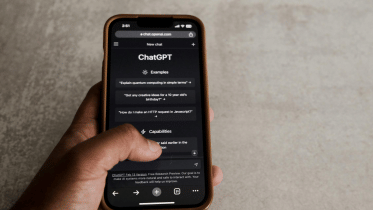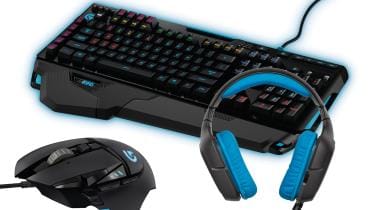MIT
Bangladeshi researcher Mahi Shafiullah in MIT’s ‘35 Innovators Under 35’
Nur Muhammad Mahi Shafiullah, a Bangladeshi researcher in artificial intelligence and robotics, has been named in MIT Technology Review’s ‘35 Innovators Under 35’ list for 2025. According to the list, he was recognised for his work on building robot intelligence that can operate in unstructured human environments.
24 September 2025, 08:56 AM
What it takes to get into top US universities
What does it really take to get in? We sat down with students who made it this year, sharing their journeys and well-earned wisdom.
29 May 2025, 05:00 AM
Relying on ChatGPT a lot? Study says you’re lonely
Imagine confiding in a chatbot about your bad day, only to end up feeling more alone. New research from OpenAI and the Massachusetts Institute of Technology (MIT) suggests that while most people use ChatGPT for practical tasks, a small group of heavy users might be trading quick comfort for creeping loneliness—or even emotional dependency.
25 March 2025, 04:27 AM
From MIST to MIT: The journey of Akib Zaman
Campus sat down for a virtual interview with Akib where he shared more about his experiences, research, and insights.
11 December 2024, 12:22 PM
Life as a Researcher at MIT and Princeton
MIT is dead set on making magnetic fusion work soon. As exciting as that prospect may seem, it is also anxiety-inducing.
4 September 2024, 13:55 PM
Scientists discover how the obesity gene works (video)
Scientists have finally figured out how the key gene tied to obesity makes people fat, a major discovery that could open the door to an entirely new approach to the problem beyond diet and exercise.
21 August 2015, 04:37 AM
Salt water turned into drinking water using solar power
By inexpensively turning salt water into drinking water using sustainable solar power, a team from MIT in the US has not only come up with a portable desalination system for use anywhere in the world that needs it, but it’s just won the 2015 Desal Prize - a competition run by USAID to encourage better solutions to water shortages in developing countries, reports sciencealert.com.
2 May 2015, 04:29 AM
A keyboard to detect the first signs of Parkinson’s
The way in which a person presses on a keyboard's keys says a lot about their physical capabilities and state of fatigue. Based on this observation, a team of American and Spanish scientists have developed an algorithm that monitors keyboard touches.
11 April 2015, 06:11 AM
Bacteria programmed to find tumours
Bacteria programmed to spot tumours in the liver have been shown off at the Technology, Entertainment and Design conference in Vancouver.
18 March 2015, 14:04 PM











